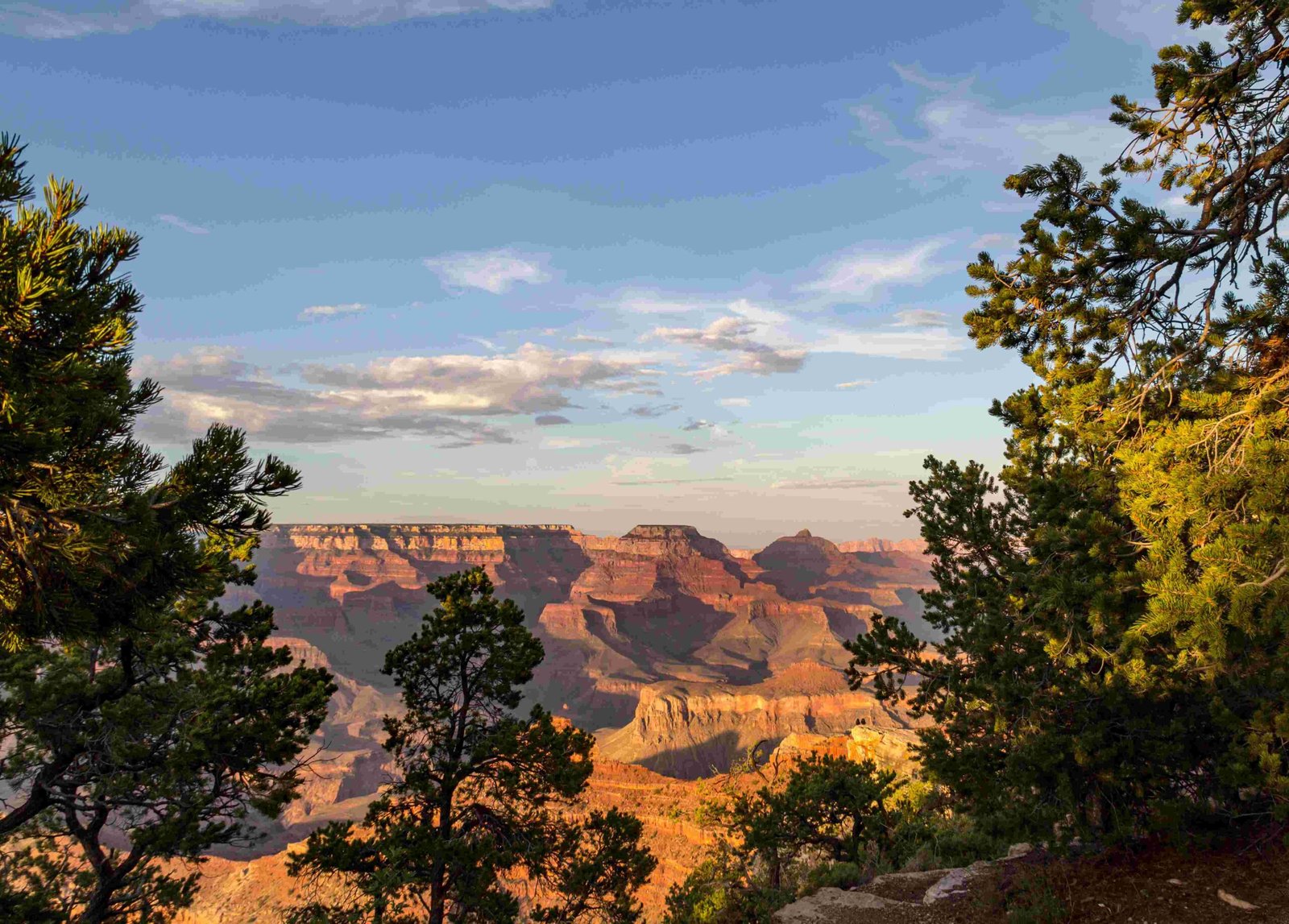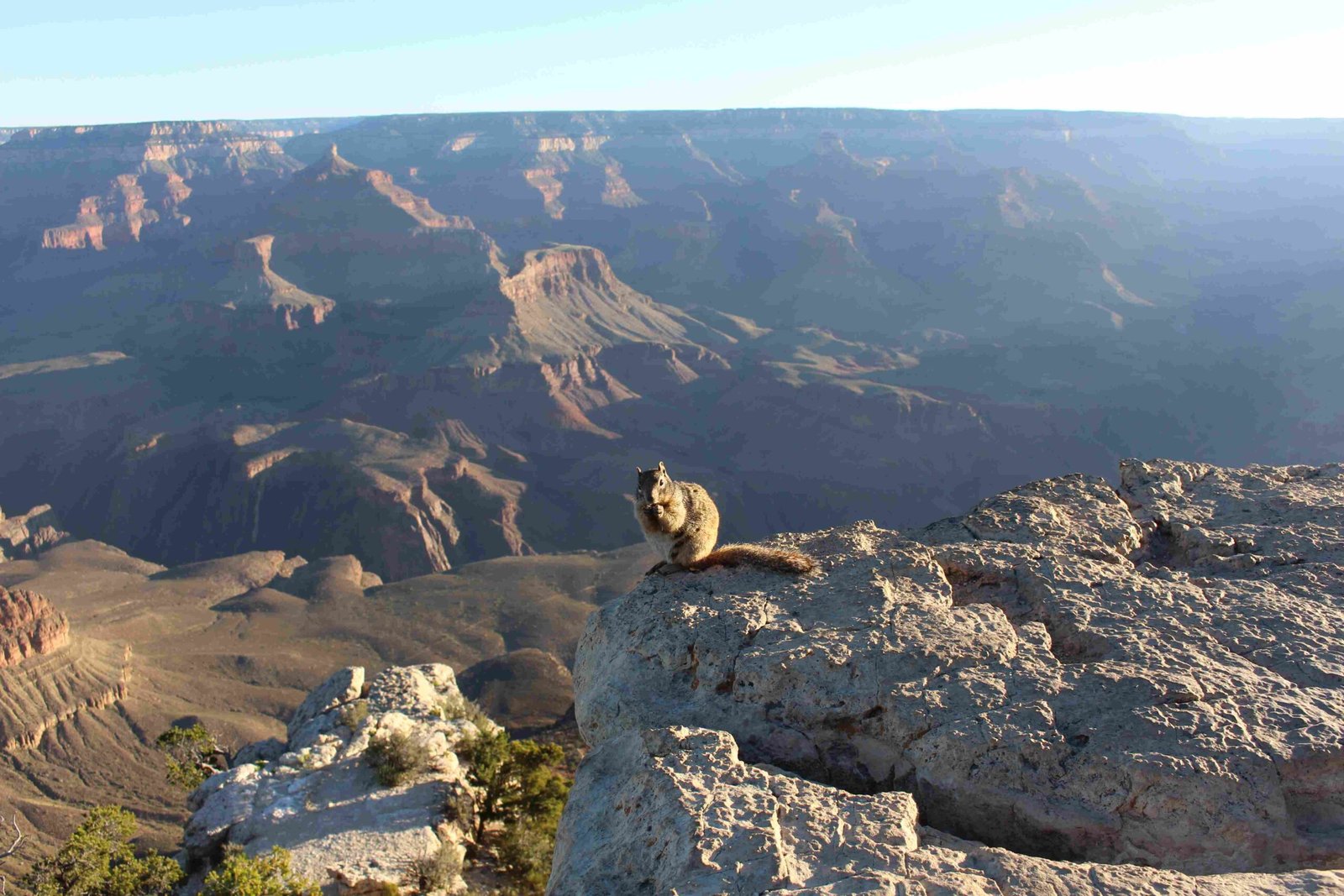The rugged landscapes of the Grand Canyon and surrounding regions have long been shrouded in mysterious tales of hidden Aztec gold, captivating treasure hunters and historians alike. Legends of Montezuma’s lost treasure have persisted for centuries, weaving intricate narratives of ancient warriors, hidden caves, and potential riches waiting to be discovered in the challenging terrain of the American Southwest.
What Are the Origins of Aztec Gold Legends in the Grand Canyon?

The Aztec gold legends in the Grand Canyon region are deeply rooted in historical narratives and local folklore. These stories primarily originate from accounts of Aztec warriors attempting to protect their treasure from Spanish conquistadors during the 16th century.
Key Historical Context
| Period | Event | Significance |
|---|---|---|
| 16th Century | Spanish Conquest | Triggered potential treasure relocation |
| Early 1900s | Treasure Expeditions | Initial systematic searches began |
| 1914 | Freddy Crystal’s Arrival | First documented comprehensive treasure hunt |
Geographical Connections
The legends are more specifically associated with areas surrounding the Grand Canyon, particularly in southern Utah, including:
- Kanab, Utah
- Johnson Canyon
- Three Lakes Canyon
How Did Treasure Hunters Approach the Search?

Treasure hunters like Freddy Crystal developed sophisticated approaches to locating potential Aztec gold sites:
- Research Methodology
- Analyzing historical manuscripts
- Studying ancient maps
-
Investigating local indigenous narratives
-
Exploration Techniques
- Cave exploration
- Geological surveying
- Deciphering potential symbolic markers
What Challenges Prevented Successful Treasure Recovery?
Several significant obstacles hindered successful treasure retrieval:
- Terrain Complexity
- Rugged canyon landscapes
- Difficult access points
-
Extreme environmental conditions
-
Legal Restrictions
- Environmental protection laws
- Habitat conservation regulations
- Strict archaeological exploration guidelines
Why Do Aztec Gold Legends Persist?
The enduring nature of these legends can be attributed to:
- Cultural mystique
- Potential historical authenticity
- Human fascination with undiscovered treasures
- Romantic narratives of hidden wealth
What Evidence Supports These Legends?
While concrete proof remains elusive, several factors contribute to the legends’ credibility:
- Fragmentary historical documents
- Local indigenous oral traditions
- Archaeological artifacts suggesting complex trade networks
- Geological evidence of potential hidden locations
Can Modern Technology Help Solve the Mystery?
Contemporary technological advancements offer new possibilities:
- Advanced geological scanning
- LiDAR mapping techniques
- Sophisticated archaeological investigation methods
- Non-invasive exploration technologies
Conclusion
The Aztec gold legends in the Grand Canyon represent a fascinating intersection of history, mythology, and human curiosity. While definitive proof remains undiscovered, the ongoing fascination continues to inspire researchers and adventurers.

